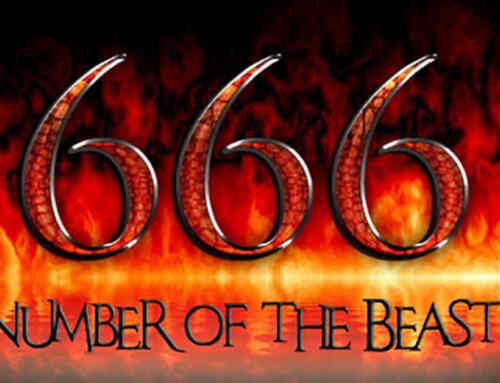Christ's continual sacrifice was not actually canceled or abolished by Papacy, but it was set aside by a false doctrine – which completely set aside the merit of Christ's sacrifice as a continual and ever-efficacious one. This false doctrine is known as the Mass, or Sacrifice of the Mass.
Protestants in general totally misunderstand this so-called sacrament. They suppose it to be merely a Roman Catholic form of celebrating the Lord's Last Supper. Others get the idea that it is a sort of special prayer. But these ideas are quite erroneous. The Roman Catholic doctrine of the Mass is this: The death of Christ, they claim, canceled Adamic or original sin, but is not applicable for our daily shortcomings, weaknesses, sins and omissions; it is not a continual sacrifice, ever meritorious for all our sins, ever sufficient to cover as a robe every sinner and every sin. For our daily sins, the Sacrifice of the Mass was instituted. Catholics esteem it as a further development of the Calvary sacrifice. Each time the Mass is offered in sacrifice, they believe it to be a fresh sacrifice of Christ, for the particular persons and sins to which the priest offering it mentally applies it.
The Christ to be thus sacrificed again is first “created” from wheat-bread and wine by the officiating priest. They are ordinary bread and wine until laid upon the altar, when they claim certain words of consecration change the bread and wine into the actual flesh and blood of Christ. This change is called transubstantiation – change of substance. The five Latin words used to effect this change of bread and wine into actual flesh and blood are, “Hoc est autem corpus meum.” It is believed that any priest can thus create Christ in the flesh, afresh, to be sacrificed afresh. After thus “creating" Christ, a bell is sounded, and priests and people fall down and worship and adore the bread and wine as the very Christ. This done, the bread (the real flesh of Christ, veiled from the senses, they say) is broken. Christ is thus slain or sacrificed afresh, repeatedly, for the special sins to be canceled.
Thus we see clearly that Papacy has substituted a false or sham sacrifice, in the place of the one everlasting, complete and never-to-be-repeated sacrifice of Calvary, made once for all time. Thus it was that Papacy took away from Christ’s work the merit of being rightly esteemed the Continual Sacrifice, by substituting in its stead a fraud, made by its own priests.












